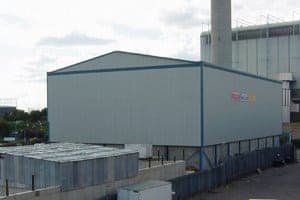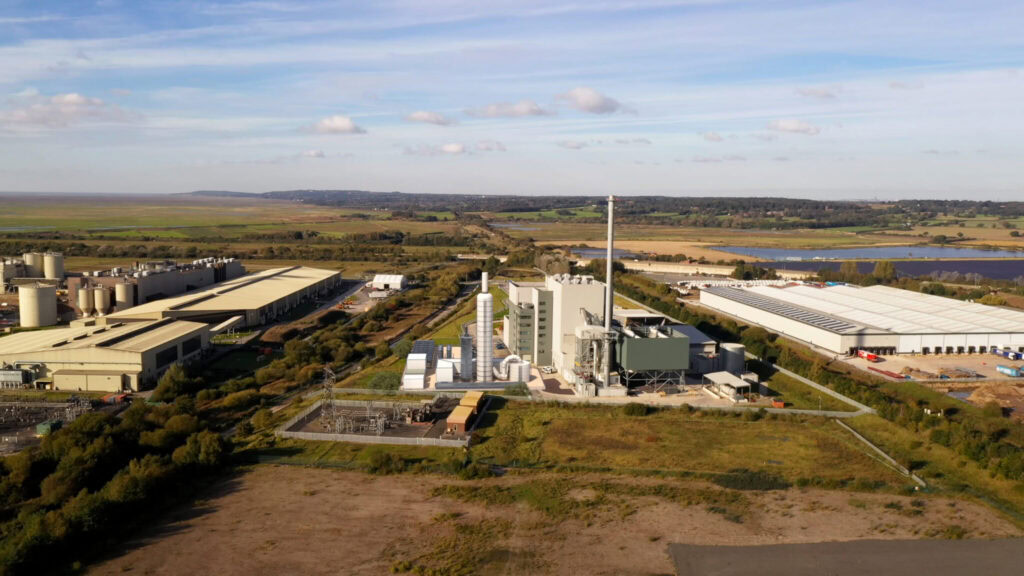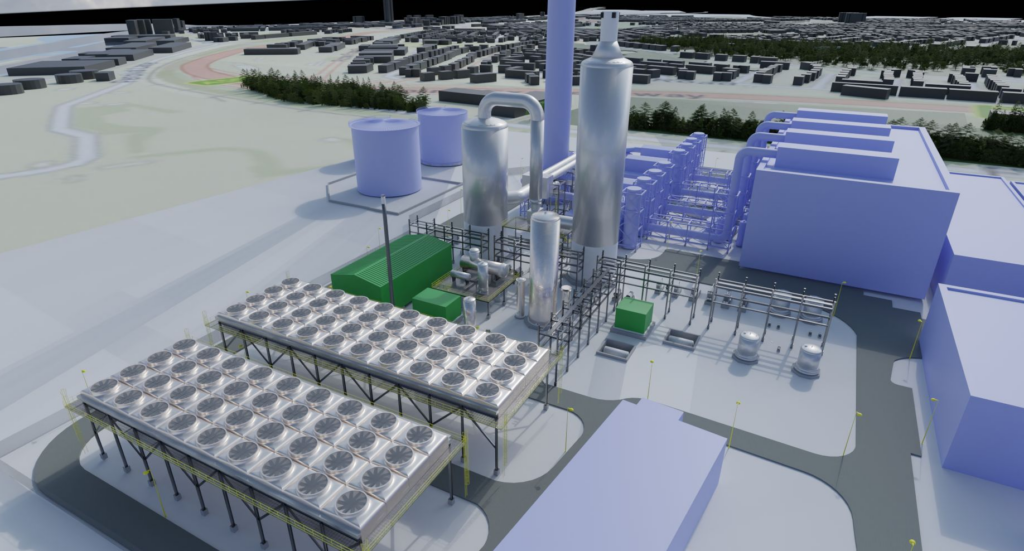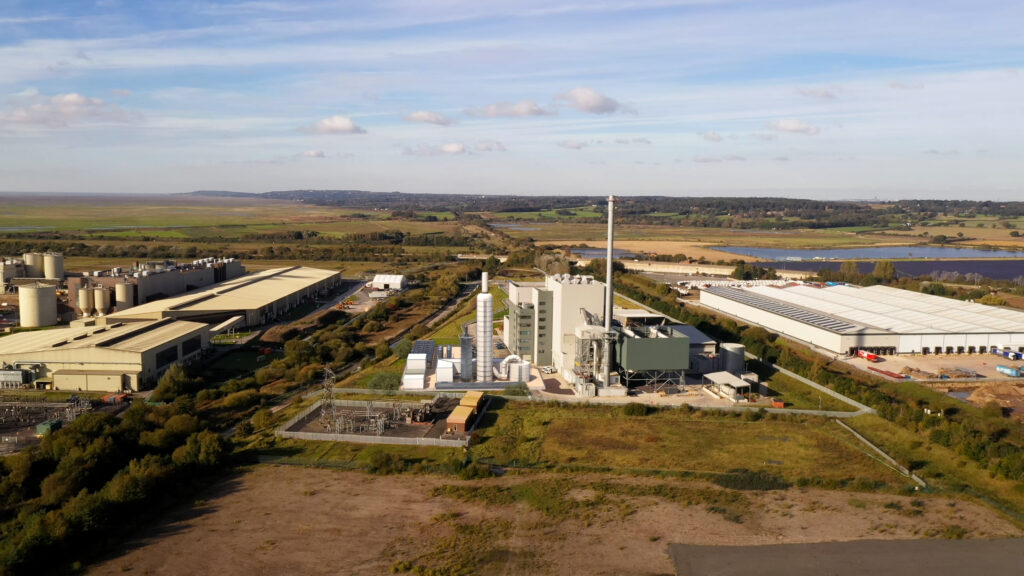The guide entitled Energy from Waste: A guide to the debate covers a number of issues surrounding the development of EfW facilities in England, including: public perceptions of their impact on health and the environment; financing of plants; planning permission; and its impact on recycling.

However, the Department for Environment, Food and Rural Affairs (Defra) is careful to stress that its guide does not give all of the answers. Instead it aims to highlight the key environmental, technical and economic issues and options that should be considered, and also some of the main points where decisions can be influenced.
The development of EfW plants, particularly incinerators, is often controversial with local authorities often facing opposition to the facilities with emissions and impacts on health high on the agenda. However Defra notes that due to stringent emissions controls, these impacts are minimal.
The guide is relevant to those wishing to engage in debates about energy recovery, including members of the public, the waste management industry, local authority representatives and developers. It focuses on energy from waste facilities treating residual waste such as incinerators, gasification and pyrolysis.
Impact
One concern addressed in the guidance is the impact that energy from waste can have on recycling. Defra notes that the potential for energy from waste to consume materials which could have otherwise been managed higher up the waste hierarchy is a legitimate concern and acknowledges that projects to require a minimum throughput to be commercially viable.
However, it claims that if waste tonnages are forecast correctly and contracts managed effectively, this should not be a problem
The guide states: This is not a fundamental issue arising from energy from waste as a process, but rather as a result of opportunities not being taken to separate and remove materials from residual waste. Provided the right action is taken to ensure separation and pre-treatment options are optimised, it is a risk that can be effectively addressed. Energy from waste can and should support, not compete, with effective recycling.
Defra noted that flexibility within the design of the system and the contracts around it would allow operators to make up for any shortfall in capacity. For example, at present 50% of commercial and industrial waste goes to landfill, which Defra said represents a significant opportunity for feedstock.
Benefits
When considering the environmental benefits of energy from waste against that of landfill, Defra says the most important factor is the potential contribution to climate change as different amounts of greenhouse gases would be released if the same waste was buried or burned.
It added that the decision making process is complex as there are many factors to consider. However, it added there are two rules which can help guide the decision making process on which route to follow. They are:
- The more efficient the plant is at turning waste into usable energy the better; and,
- The proportion of waste that is considered renewable is key higher renewable (biodegradable) content makes energy from waste inherently better than landfill.
Defra said energy from waste is therefore better than landfill providing the residual waste being used has the right renewable energy content.
Planning
Achieving planning permission and gaining finance can prove difficult for developers of EfW facilities, according to Defra, as financial institutions, councils and waste firms are seeking to minimise their risks. This can also make it difficult for smaller companies or new technologies to break into the market, the department says.
On the planning side, Defra firmly advocates early engagement with the community by developers before submitting a planning application.
Commenting on what is expected from both sides during planning procedures, Defra said: Developers need to be responsive to the concerns of the community and many of the issues identified in this guide could be raised; developers should be ready and able to address them. In turn, communities should recognise and be realistic about development constraints such as those around locations and costs.
Recently, there have been a number of planning applications called in by Communities Secretary Eric Pickles, with some refused altogether such as an application for a 370,000 tonne capacity incinerator in Cheshire (see letsrecycle.com story).
Perception
Emissions and their impact on health and the environment are a key concern for many people and are often cited as a source of opposition to new EfW facilities, according to Defra. However, the guide highlights the stringent limits for a number of potential pollutants meaning their effect is minimised.
Related Links
It says that the potential health implications of emissions are often a major focus of concern throughout the development and operation of EfW facilities. However, its stresses that research by the Health Protection Agency shows that modern, well-managed incinerators make only a small contribution to local concentrations of air pollutants.
The HPAs view is that while it is possible that such small additions could have an impact on health such effects, if they exist, are likely to be very small and not detectable.
The publication of the guide comes just days after Defra pulled over 210 million in PFI funding from three energy from waste projects in the north of England (see letsrecycle.com story).









Subscribe for free